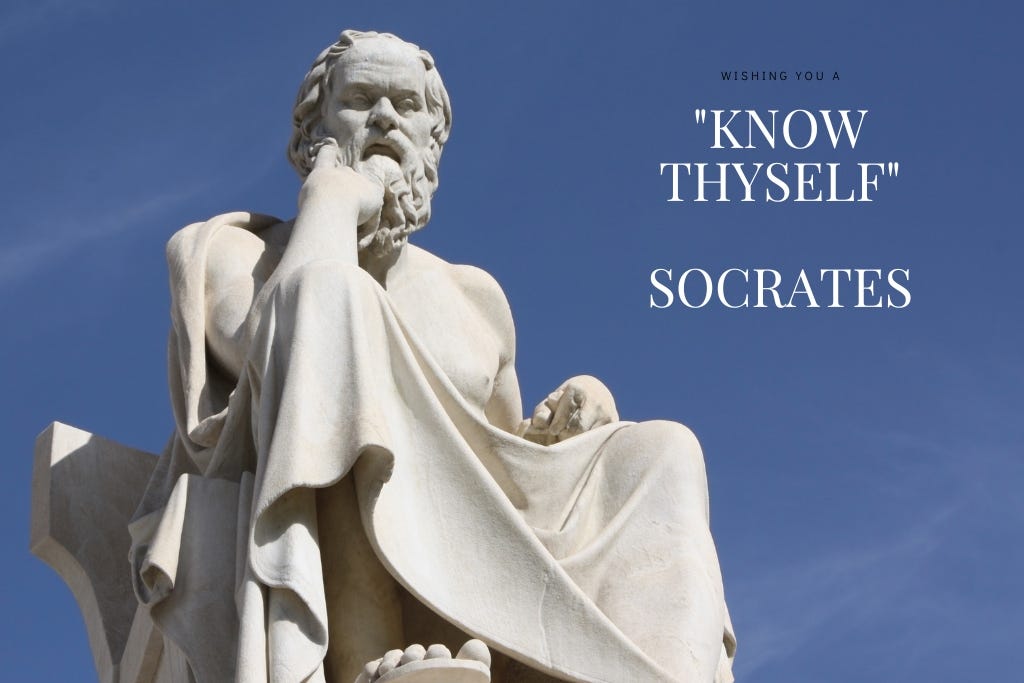
In today’s complex world, the promotion of empathy in schools is gaining traction as a response to the challenges faced by young people. Notable figures like Cillian Murphy contribute to this zeitgeist, but can empathy be simply taught through standalone workshops? And does our existing curriculum not already instill empathy?
Empathy, as discussed in my Junior Cycle Philosophy class, involves understanding others’ experiences, walking in their shoes, and connecting emotionally. However, the most profound challenge lies in transcending selective empathy—the tendency to empathise only with those familiar to us, which halts moral action.
The most tangible manifestation of empathy often appears as crying, a powerful emotional connection often mistaken for sympathy. In my classes, this became evident during a lesson on othering and exclusion in school. To spark discussion, I shared Bastille’s video for their song ‘Happiness.’ While as an adult, the underlying message resonated with me, it was the scene of a dog’s passing that stirred the entire class to tears.
As we delved into the complexities of empathy, questions arose: ‘Can we love our pets?’ ‘Why do we mourn a dog’s death more than that of a cow?’ ‘Is it morally acceptable to prioritize one species over another?’ This poignant example underscored the challenges of empathy, highlighting its selective nature and the moral dilemmas it poses.
Evolutionary biologists argue that empathy evolved as a mechanism to uphold social contracts and foster communal bonds. However, our innate tendency towards selective empathy, whether demonstrated in philosophical thought experiments like the Trolley problem or Singer’s ‘The Life You Could Save,’ often impedes moral action. It’s easier to extend compassion to those we identify with—our family, friends, or those who resemble us—while struggling to empathise with those beyond our immediate circle.
Philosophy offers a unique avenue for students to cultivate empathy alongside reason. Ancient Greek philosophers advocated the daily practice of empathy, expanding our “circle of concern” to encompass all humanity and nature.
In our pursuit to cultivate empathetic individuals, our goal extends beyond just emotional connection—it includes fostering tolerance and embracing diversity within our communities. Considering recent scenarios with refugee centres being burnt down, integration into our communities presents an urgent opportunity to nurture empathy and tolerance.
Know Thyself is the most important maxim set out by Socrates. In Philosophy, self-knowledge is emphasised, recognising that understanding yourself is integral to connecting with others. We cannot connect to other people emotionally if we don’t connect to ourselves.
In today’s digital age, where self-perception is often shaped by algorithms and social media, cultivating lifelong self-awareness becomes even more vital. Philosophy teaches students to question their beliefs critically and discern opinions from evidence, fostering a culture of reasoned discourse.
By engaging in philosophical inquiry together, students learn to recognise and overcome emotional biases, paving the way for a more empathetic approach. However, empathy alone, without compassion or moral action, falls short. Embedding empathy within existing courses and promoting existing courses like Philosophy is essential to ensure its integration into ethical decision-making.
While standalone empathy courses may foster empathy within a classroom setting, they risk overlooking the nuanced complexities of moral decision-making on a wider scale. Therefore, a holistic approach, integrating empathy within broader educational frameworks that already exist, is vital for nurturing empathetic, compassionate, and ethically responsible individuals who will be better placed to take action.